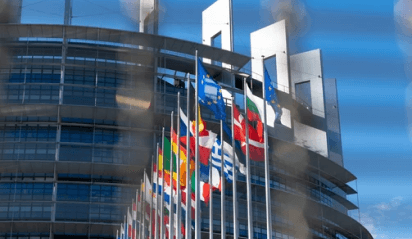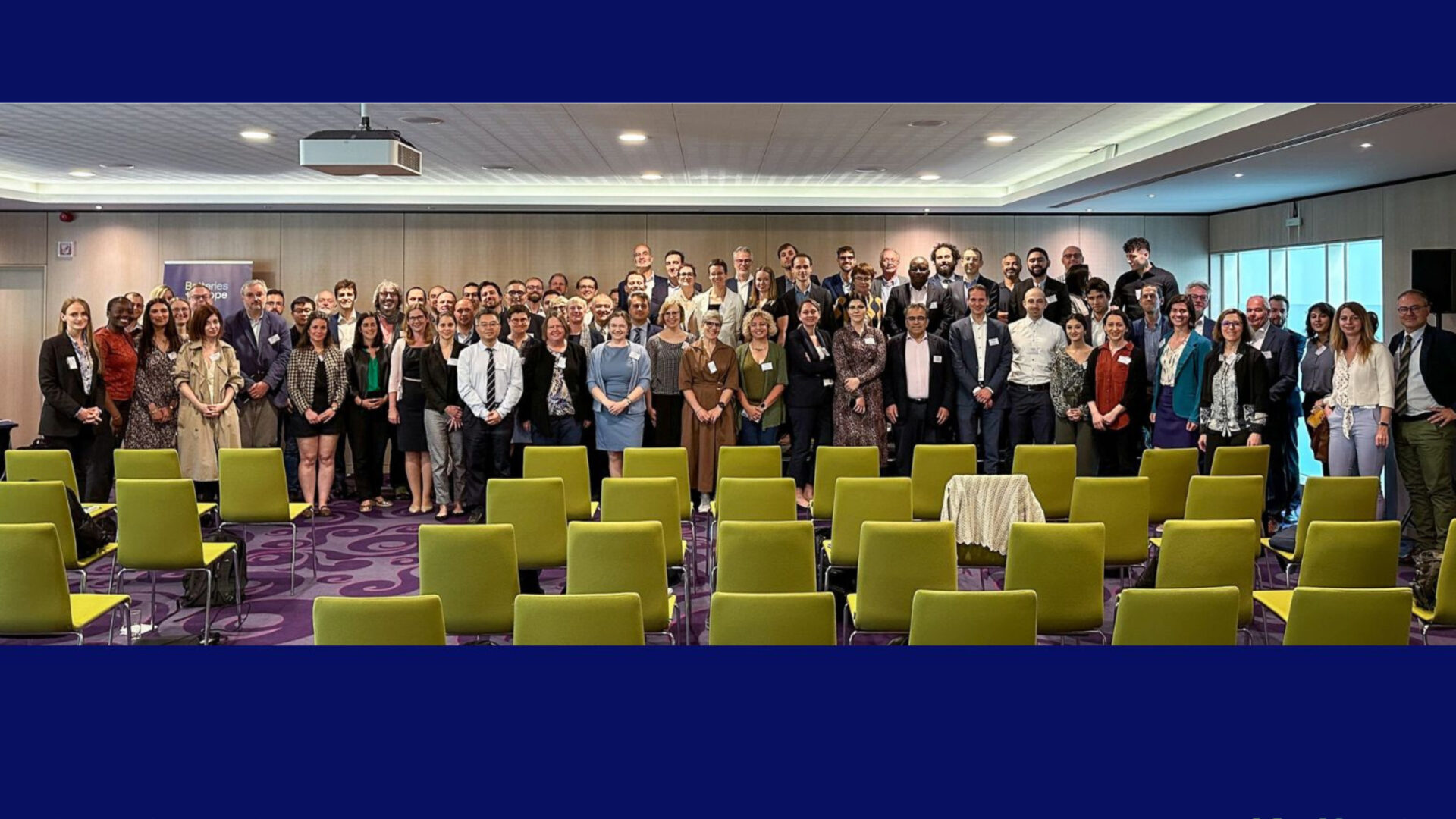15 October 2023:
From 10th to 12th October 2023, the FBE Secretariat was honoured to participate in the Energy Storage Global Conference (ESGC). We would like to share some key takeaways from this event:
- Anne-Katherina Weidenbach, Member of the Cabinet of the Energy Commissioner Kadri Simson, emphasised a significant shift in the energy sector. Energy storage and flexibility services have transitioned from being on the periphery of energy policy to occupying a central role. As stated by MEP Nicolás González Casares, “without energy storage, it will be impossible to meet our climate goals.”
- EU Member States play a vital part in determining energy capacity allocation and enabling the participation of energy storage in all markets. 2024 should bring national flexibility objectives and innovative support schemes for energy storage, with the goal of making energy bills less dependent on short-term electricity market prices.
- Achieving a decarbonised energy system hinges on increased flexibility, stability, and effective energy management. Additionally, cross-zonal trade is fundamental to flexibility and resilience. Isolation of national markets would have resulted in sevenfold higher price volatility during the crisis.
- While Europe is projected to constitute only 11% of the ESS market in the next decade, North America is anticipated to represent around 20% (Benchmark 2023). There is a need for evidence-informed, effective policymaking and enhanced compensation schemes for storage. The EU should avoid over-reliance on the GBER, TCTF, or IPCEI which limit Member States to do industrial policy according to their particular capacity.
- One of the crucial steps involves confronting the substantial and disproportionate subsidies gifted to the fossil fuel industry, which are a barrier to progress. It is essential to rectify this imbalance and simultaneously set in place corporate transition plans and well-defined sectoral targets.
- The EU must prioritise the resolution of bottlenecks and dependencies in critical raw materials (CRM), with a specific focus on batteries. Potential solutions, such as the CRM Act pillars, should be considered, and the promotion of circularity in the value chain must be actively encouraged.
We extend our heartfelt thanks to EASE for orchestrating this exceptional event with flawless organisation. Your efforts in bringing together experts and stakeholders in the field of energy storage are greatly appreciated.





